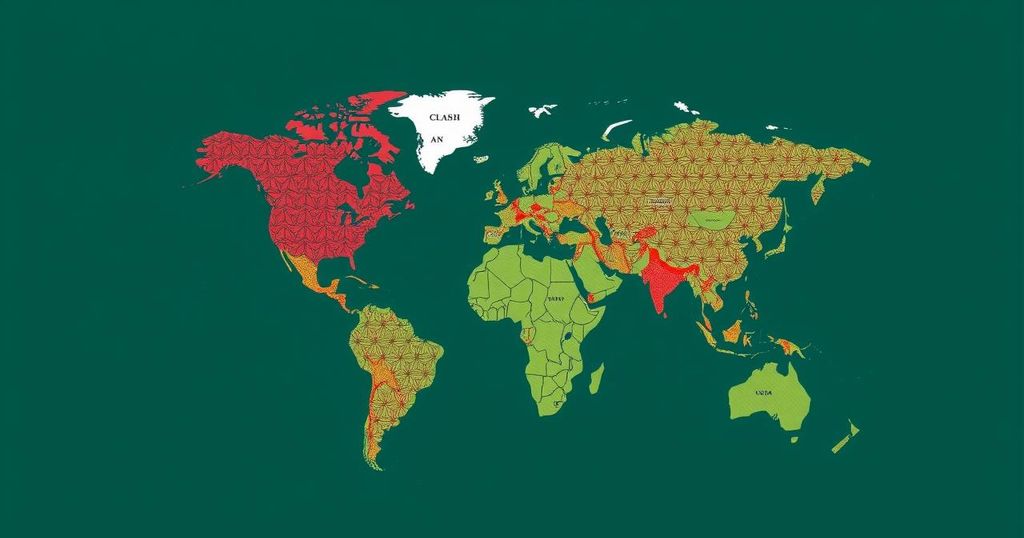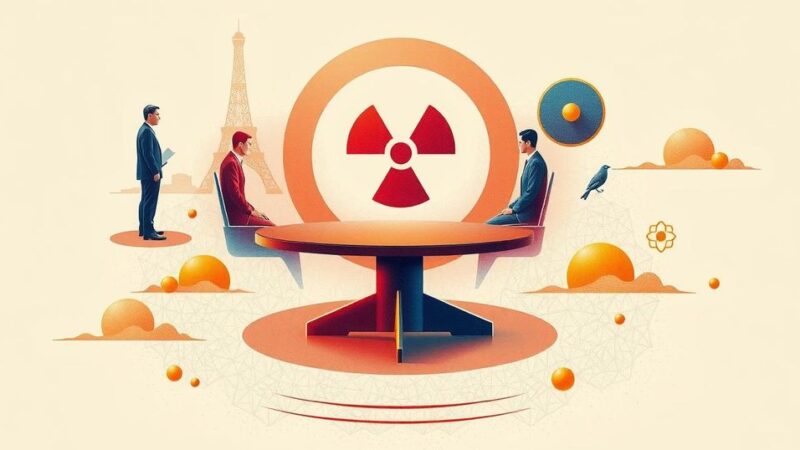At COP29 in Azerbaijan, negotiations revealed a troubling decline in gender-focused language, with significant proposals being stripped of references to women and diversity. Critics, including Mary Robinson, express concern that political forces like Saudi Arabia now feel emboldened to oppose gender-inclusive language. While the draft text retains some acknowledgment of gender concerns in climate financing, the overall trajectory suggests a withdrawal from previous commitments made in addressing the impact of climate change on women. Critical voices emphasize the need for ongoing advocacy in these discussions.
In recent climate negotiations at COP29 in Azerbaijan, alarming concerns have emerged surrounding potential setbacks in gender representation and language. Despite the historical acknowledgment of women’s disproportionate suffering due to climate change, discussions this year have seen an erosion of gender-focused language, highlighted by the elimination of terms such as “diversity” from proposals. As noted by Ireland’s first female president, Mary Robinson, key opponents of gender-inclusive language, notably Saudi Arabia, have gained momentum in their stance, coinciding with a broader backlash against gender issues internationally.
The prevailing sentiment at COP29 is marked by contrasts—a draft outline still maintains some reference to gender, asserting that climate financing should adhere to principles of human rights and gender sensitivity. However, discussions regarding the extension of a 2014 Lima initiative aimed at integrating gender perspectives into climate policies reveal underlying tensions. Critics, such as Ayshka Najib, a feminist climate activist, have highlighted a worrisome trend towards diminishing gender priorities, suggesting that the current negotiations fall short of realized progress.
During this climate conference, it was indicated that, while women constitute approximately 80 percent of those displaced by environmental changes, leadership roles within the negotiations remain predominantly male. This disparity was underscored by conversations led by leaders, including German Foreign Minister Annalena Baerbock, who lamented that what should be standard practices in gender representation now seem increasingly exceptional. The continued engagement of female representatives is seen as crucial to addressing climate challenges effectively.
As COP29 progresses, Canada’s climate negotiator, Catherine Stewart, has expressed grave concerns regarding the potential regression in gender considerations, positing that reverting to outdated practices is wholly unacceptable. The dynamics surrounding gender language at COP29 may reflect broader societal debates, with participants calling for renewed commitments to gender-sensitive policies in future climate strategies, emphasizing the importance of comprehensive and inclusive approaches in combating climate change’s far-reaching impacts.
The article discusses emerging concerns at COP29 regarding the backwards momentum in the inclusion of gender perspectives in climate negotiations. Historically, climate summits have recognized the significance of addressing the specific challenges faced by women due to climate change, with studies indicating that women disproportionately suffer from its adverse effects. However, the current negotiations reveal a troubling trend of diminishing focus on gender, influenced by political dynamics and sociocultural backlashes against gender rights in various countries.
In conclusion, the developments at COP29 signify a critical challenge in maintaining gender-focused narratives within climate discussions. Key figures are highlighting the urgent need for awareness and commitment to inclusive policies that reflect the unique vulnerabilities of women in climate debates. As the negotiations unfold, it is imperative to remain vigilant in advocating for gender inclusion, countering any attempts at regression through cohesive international support.
Original Source: www.rfi.fr






